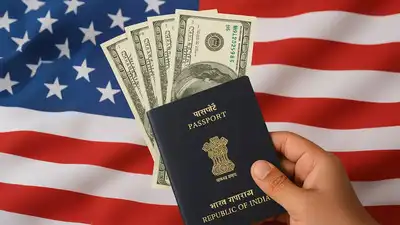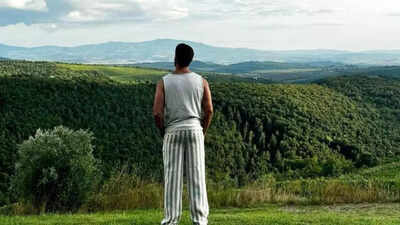The blast in the country’s Bajur district killed at least 35 people and wounded more than 100, according to police.
At least 35 people have been killed after a powerful bomb ripped through a political rally in northwestern Pakistan, local officials said.
The blast took place on Sunday at a gathering of the conservative Jamiat Ulema-e-Islam (JUI-F) party on the outskirts of Khar in Pakistan’s northwestern Bajur district, which borders Afghanistan.
Azam Khan, head of the emergency room at Khar’s main hospital, said 35 bodies were brought to the hospital and more than 100 others were wounded.
Government administrator Mohibullah Khan Yousufzai confirmed the toll, adding that some of the wounded were being airlifted to the provincial capital, Peshawar.
There was no immediate claim of responsibility for the attack, but local authorities said the explosion was caused by a suicide bomb.
Senior police officer Nazir Khan said the JUI-F’s workers’ convention was under way when the explosion took place.
Akhtar Hayat Gandapur, the inspector-general of police for Khyber Pakhtunkhwa province, said senior party leader Maulana Fazlur Rehman was not at the event when the explosion took place.
Political meetings such as the one organised by the JUI-F party on Sunday are being held across the country to mobilise supporters for the coming elections, due to be held by October.
Prime Minister Shehbaz Sharif strongly condemned the incident and extended his condolences to the families of the victims, including that of JUI-F leader Ziaullah Jan, who was confirmed killed in the attack, Radio Pakistan reported.
Foreign Minister Bilawal Bhutto Zardari “expressed deep sorrow over the loss of precious lives”, his Pakistan Peoples Party said in a statement.
It added that “the terrorists, their facilitators and planners need to be eliminated so that peace is established in the country”.
Interior Minister Marriyum Aurangzeb wrote on social media that the “religion of terrorists is only terrorism”.
“Ending terrorism is very important for the survival and integrity of Pakistan,” she wrote.
Al Jazeera’s Kamal Hyder, reporting from Islamabad, said there are fears that the armed group Tehreek-e-Taliban Pakistan (TTP), also known as the Pakistan Taliban, may be responsible for the blast.
“The Tehreek-e-Taliban have declared against the security forces and against the government and Maulana Fazlur Rehman is an ally of the government,” Hyder said.
JUI-F is part of the Pakistan Democratic Alliance, a political coalition affiliated with the government in which Rehman plays a leading role.
Security analyst Zeeshan Salahuddin told Al Jazeera the TTP has “dramatically escalated” attacks since a ceasefire with the government broke down last year.
“All indications point to the fact that this terror group has regained quite a lot of the momentum it had lost between 2014 and 2018, when Pakistan conducted extensive military operations against the group,” Salahuddin said.
The TTP pledges allegiance to, but is not directly a part of, Afghanistan’s Taliban which surged back to power in 2021.
Salahuddin added that the TTP was receiving support from Afghanistan and increasing its capabilities as well as its internal cohesion.
The group has been waging a rebellion against the state of Pakistan for more than a decade, demanding the imposition of Islamic law, the release of key members arrested by the government and a reversal of the merger of Pakistan’s tribal areas with Khyber Pakhtunkhwa province.
In January, a suicide bomber blew himself up in a mosque inside a police compound in the northwestern city of Peshawar, killing more than 80 officers.
The attacks have been focused on regions bordering Afghanistan, including Bajur, one of seven remote districts where armed groups have been emboldened by the return of the Afghan Taliban.
Al Jazeera’s Hyder said suspicions also fell on ISIL (ISIS), which has been active in neighbouring Afghanistan after the fall of President Ashraf Ghani’s government and whose members are known to cross the porous mountainous border and hide in the Peshawer area.























































